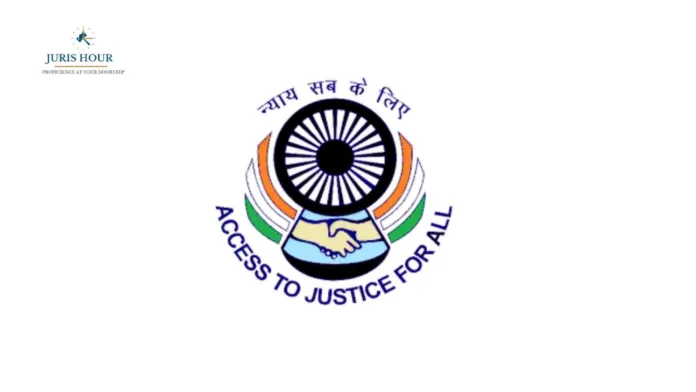The National Legal Services Authority (NALSA), in collaboration with the Kerala State Legal Services Authority (KeLSA), launched two pioneering schemes and several digital justice initiatives at the Southern Regional Conference on “Human–Wildlife Conflict & Co-existence: Legal and Policy Perspectives”, held at the Kerala Legislative Assembly Hall.
The two-day conference brought together Supreme Court and High Court judges, senior forest and disaster management officials, legal service institutions, and policy experts to deliberate on solutions for growing human–wildlife conflicts and challenges of access to justice for vulnerable groups.
Key Initiatives Launched
NALSA Scheme on Access to Justice for Victims of Human–Wildlife Conflict (HWC), 2025 – A first-of-its-kind framework providing free legal aid, awareness, and assistance to families affected by human–animal conflicts. The scheme also emphasizes ecological balance and wildlife preservation.
Compendium on Human–Wildlife Conflict – A digital repository compiling judicial rulings, government schemes, advisories, and policy frameworks for quick reference.
NALSA SPRUHA (Supporting Potential and Resilience of the Unseen, Held-back and Affected) Scheme, 2025 – A social justice initiative designed to support dependents of incarcerated persons and victims of crime through legal aid, counselling, livelihood support, and reintegration programmes.
Additionally, NALSA announced e-filing and video-conferencing facilities for Permanent Lok Adalats, the creation of “Samanvaya” Healing Centres in all 14 District Legal Services Authorities (DLSAs) of Kerala, and dedicated websites for every DLSA to strengthen access to justice across the state.
Voices from the Conference
Delivering the Inaugural Address, Justice Surya Kant, Judge of the Supreme Court & Executive Chairman of NALSA, emphasized that human–wildlife conflict is “not merely an environmental concern but also a matter of justice and governance.” He stressed that Article 21 – the right to life – must be read to include ecological preservation.
In his Keynote Address, Justice Vikram Nath, Judge of the Supreme Court & Chairman, SCLSC, called for regional cooperation and community participation, noting that “conflict and co-existence of humans and wildlife are not opposites, rather possibilities that arise out of the choices we make.”
Justice B. V. Nagarathna highlighted India’s traditional ethos of coexistence, warning against a shift towards human-centric approaches that undermine the constitutional duty under Article 51(A)(g) to protect the environment.
Justice M. M. Sundresh echoed environmentalist Hubert Reeves, remarking: “Man is the most insane species. He worships an invisible God and destroys a visible Nature, unaware that this Nature he is destroying is the God he is worshipping.”
Next Steps
The conference will continue on August 31 with six thematic sessions on habitat loss, disaster management, compensation mechanisms, and tribal rights. These deliberations aim to ensure that justice extends beyond courtrooms, reaching communities at the forefront of ecological and social challenges.
With these initiatives, NALSA reaffirmed its commitment to inclusive justice, ecological balance, and social support, ensuring that the voices of the unseen and unheard are not left behind.
Read More: CA Course Fees In India – 2025

